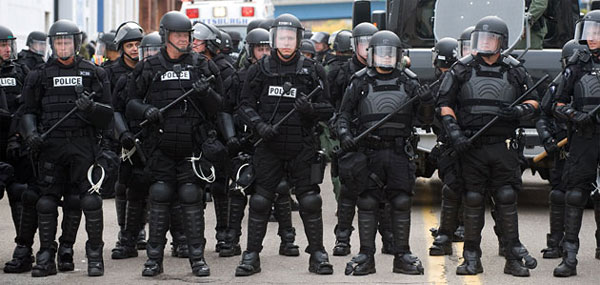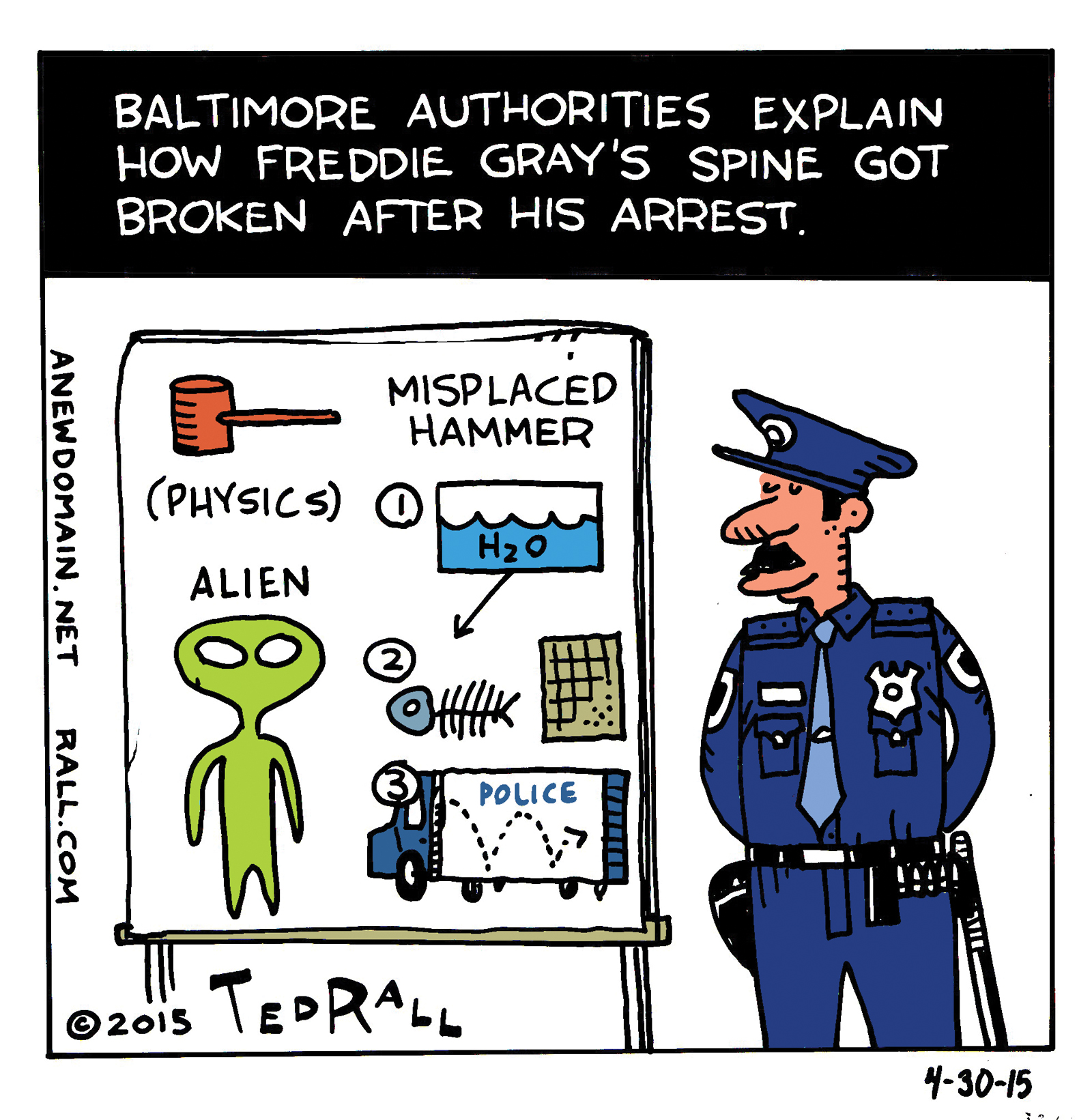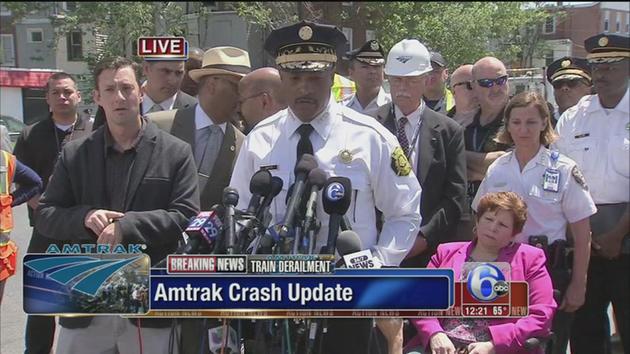
When Did Post-Disaster News Conferences Become Long-Winded Oscar Acceptance Speeches?
This is for you older readers: when did news conferences become long-winded acceptance speeches?
I’m too young to remember for sure, but There must have been a time when, after a train derailment or a tornado or a flood or a race riot or whatever, public officials stepped up to the microphones to deliver a status update (“as soon as we learn more, we’ll let you know”), and perhaps some advice to the public (“avoid downed live wires, especially the ones that are sparking, like in that movie The Ice Storm”), answered reporters’ questions and left the stage.
Today’s news conferences are a dreary, undignified mélange of pro forma acknowledgements and sentimental pabulum.
A news conference following this week’s fatal high-speed derailment of an Amtrak passenger train in Philadelphia was a typical example:
SENATOR PAT TOOMEY (R-PA): The scene is a horrific and heartbreaking scene. My prayers go out to the people who lost their lives in this terrible tragedy, to those who were injured, to all of their families. I also want to take a moment to express my appreciation to the first responders, the men and women of this city’s police and fire forces who have responded with such professionalism. Mayor Nutter deserves a great deal of credit. He and his team have pulled together a very, very effective and well-coordinated effort that’s included the federal as well as the city officials. So we appreciate what they’re doing. And we wanted to express both our condolences and our appreciation for that effort. As Senator Casey pointed out, a big part of my being here and his being here is to make sure that Mayor Nutter and city of Philadelphia knows if there’s anything the federal government can be doing to help, we want to make sure it does that.
MAYOR MICHAEL NUTTER (D-Phila.): Senators Casey and Senator Toomey, thank you both. The response at the federal level has been tremendous here. With that in mind, let me also report to you that shortly after the earlier press conference today, I had the honor and opportunity to speak directly with President Barack Obama, who called, wanting to get on-the-ground information and facts. The president is very concerned about what has happened here, expressed his condolences as well, but also pledged the full support of the federal government and all the agencies under the executive branch of the government. The president feels very saddened by what has happened, but he was tremendously supportive and encouraging of our efforts here on the ground. For that, I want to say thank you to President Barack Obama for all of his leadership and support in these difficult and tragic times. With that, let me open to some questions for anything that we can answer.
I’m only picking on Philly because it’s the most recent example. I could quote the same crap, virtually verbatim, from press briefings following 9/11, Hurricane Katrina, the Deepwater Horizon disaster, you name it. Our prayers always “go out to the victims and their families.” We always praise the sainted “first responders.” If you’re a federal politician, you thank the local hack; if you’re a local politician, you suck up to the leech who just parachuted in from the Beltway.
In pro forma post-bad-things-happening briefings, natural and manmade disasters are heartbreaking, devastating, tragic, incomprehensible, terrible and/or horrific. Crimes of mass violence, especially those committed by terrorists, are always brutal and vicious, cowardly acts. Killing children is always unthinkable.
Gov. John Hickenlooper of Colorado, shortly after the Aurora shootings, after the 2012 Newtown elementary school shootings: “The heart of every person in Colorado goes out to every person in Connecticut.”
Secy. of Defense Donald Rumsfeld in 2003, after a helicopter carrying U.S. soldiers crashed in U.S.-occupied Iraq: “My heart and prayers go out to the families and the loved ones of those people.”
NYC Mayor Bill de Blasio in 2014, commenting on the first death from Ebola on U.S. soil: “Our hearts go out to all the families who have been affected and our prayers are with them.”
House Speaker John Boehner after tornadoes killed people in 2014: “Our hearts and our prayers go out to those in Oklahoma who have been victimized by this storm.”
I could fill a book.
It is possible that politicians like President Obama, seen biting his lip in apparent sadness while announcing that one of his drones accidentally killed an American hostage held by Al Qaeda in Pakistan earlier this year, really meant it when he offered his “grief and condolences” to the poor dead SOB’s family…even though he was yukking it up with the Super Bowl champion New England Patriots about “deflategate” a few hours later.
It is possible. But it isn’t likely.
Fair or not cut-and-paste expressions of grief (“our hearts and prayers go out to the victims and their families”) come off as ridiculously insincere — just as fake and phony as those Academy Award-style “I’d like to thank my agent, my children, and my dog” thank-yous while we’re waiting to find out if and when the trains will begin running again.
But you know what’s worse than listening to our lame political class pretend to care? Their low regard for our intelligence, as evidenced by their obvious assumptions that they don’t have to try harder, and that we believe them.
We may be dumb. But we ain’t stupid.
(Ted Rall, syndicated writer and the cartoonist for The Los Angeles Times, is the author of the new critically-acclaimed book “After We Kill You, We Will Welcome You Back As Honored Guests: Unembedded in Afghanistan.” Subscribe to Ted Rall at Beacon.)
COPYRIGHT 2015 TED RALL, DISTRIBUTED BY CREATORS.COM

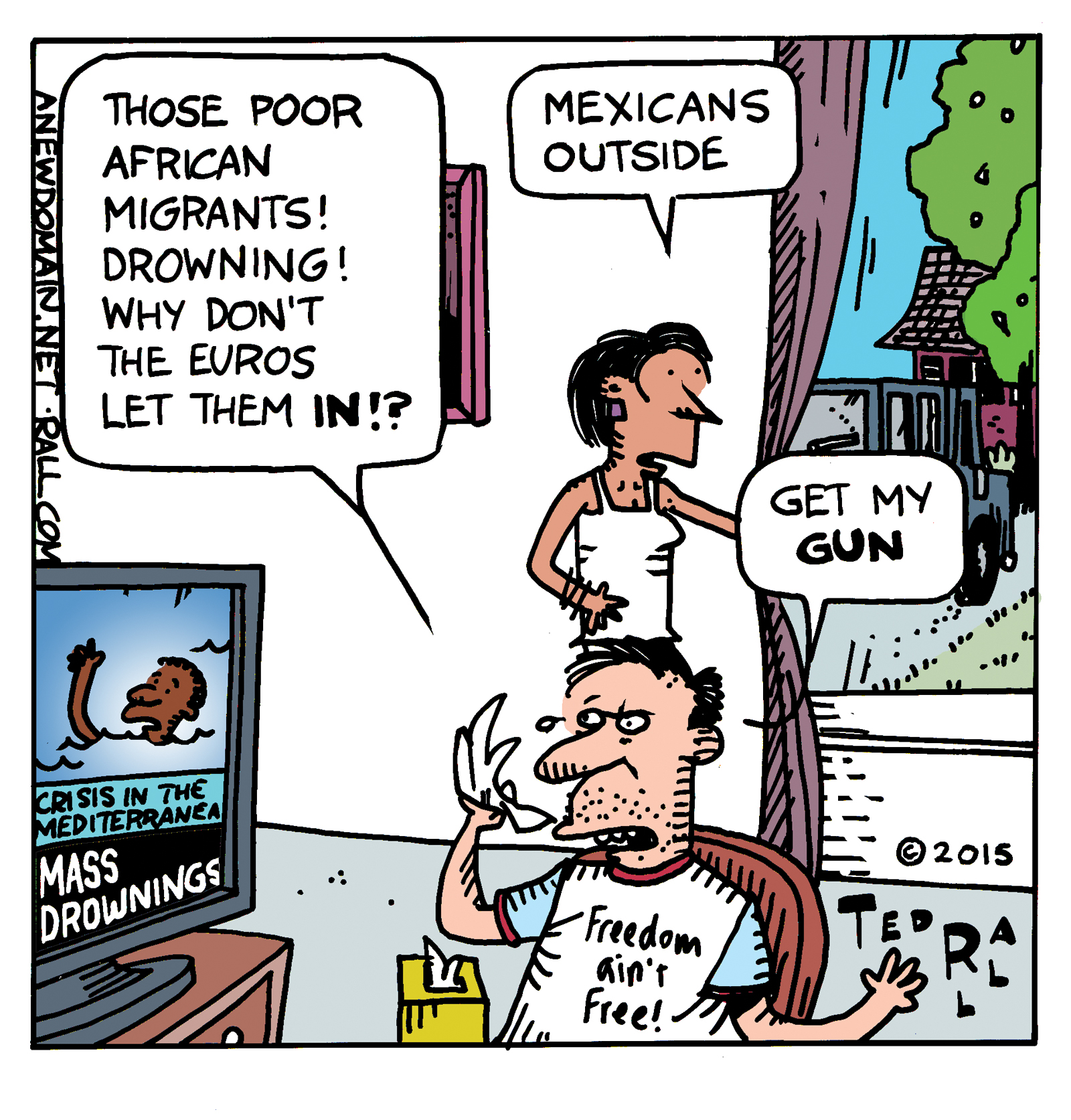
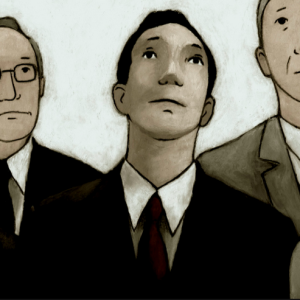 The Times doesn’t have many pieces I want to read anymore.
The Times doesn’t have many pieces I want to read anymore. 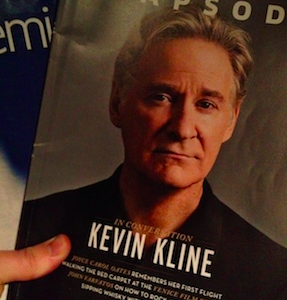 So, today I read The Times in a slow-down-to-check-out-the-car-wreck way. And I came across an item that brought home the widening cultural class divide. Here it is:
So, today I read The Times in a slow-down-to-check-out-the-car-wreck way. And I came across an item that brought home the widening cultural class divide. Here it is: Alter continues, “There are no airport maps or disheartening lists of in-flight meals and entertainment options in
Alter continues, “There are no airport maps or disheartening lists of in-flight meals and entertainment options in  Purveyors of literary fiction sometimes wonder aloud why their non-genre genre
Purveyors of literary fiction sometimes wonder aloud why their non-genre genre 